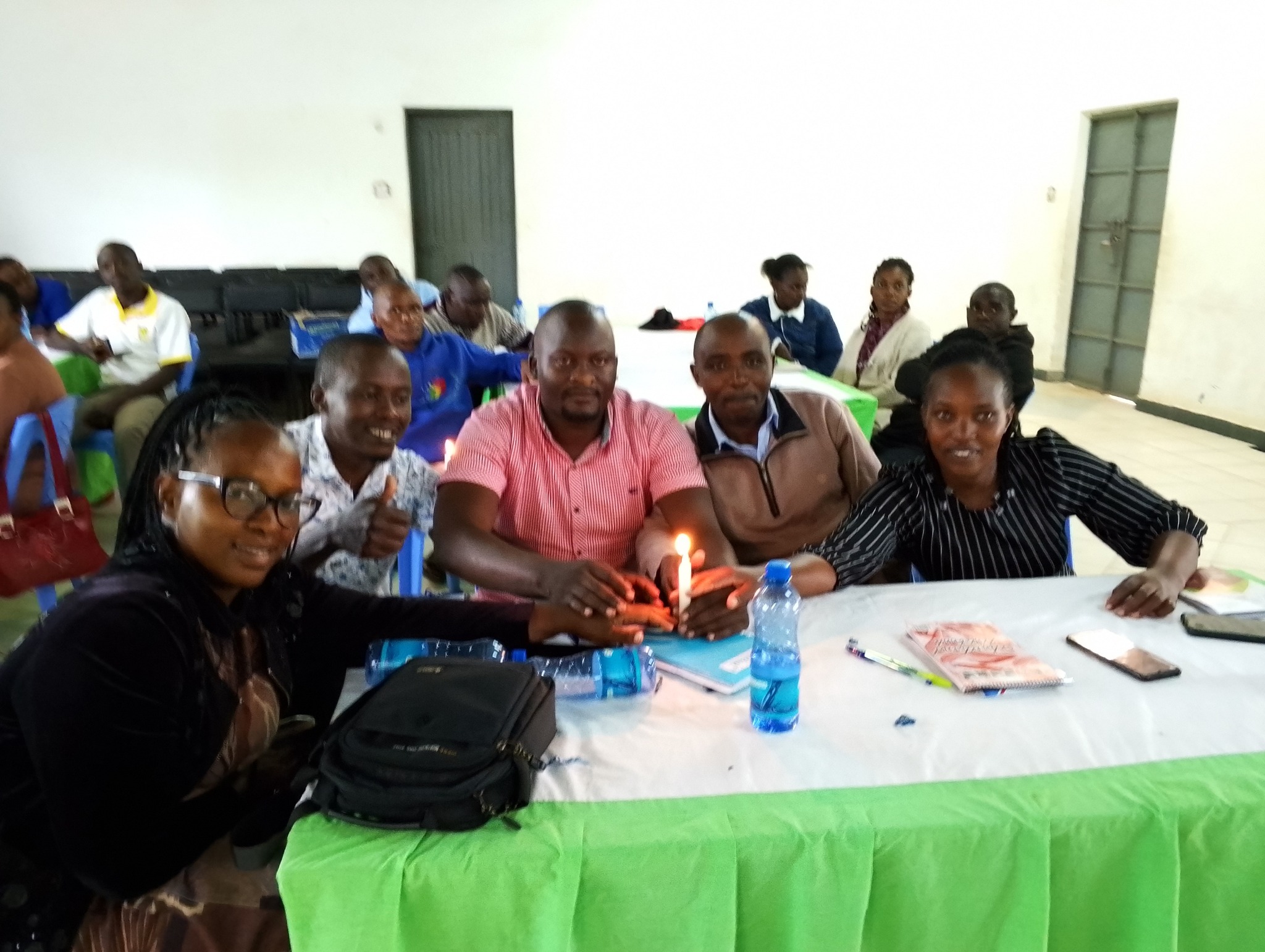The discipline and commitment of Science teachers was lauded in TSC’s April retooling.
The Teachers Service Commission (TSC) retooling in April for more than 19,000 science-based teacher interns
had distinctive features that are typical of every group of Junior Secondary School students.
After the exercise ended last Friday, the majority of Master Trainers and Trainers of Trainees were still discussing and communicating throughout their regions to compare and contrast the characteristics of April’s group.
Talking with Education News
Most teachers commended the April group for their amazing display of discipline during the end-of-retooling survey, and they expressed their hope that the workout may last for more days than planned.
As opposed to the science-based interns, who were discovered to be timekeepers who would arrive at the training locations as early as 7:30 a.m., the arts-based teachers were retrained during the year 2024.
“Unlike their arts colleagues, who could keep us waiting for a long time, they made us report to the venues very early. One of the instructors from Nairobi concurred, “This was a different group.
The teachers not only kept track of the arrival time, but they were also discovered to be extremely enthusiastic about the instruction.
The majority of them took notes and weren’t hesitant to ask questions or seek clarification on topics that seemed ambiguous.
The trainers were taken aback by the teachers, who were among the first to be retrained on a Competency-Based Curriculum, when they demonstrated high self-assurance in real-world scenarios that were connected to the training results.
Their practical approach is said to have made their trainers’ jobs easier, allowing them to cover the training material intended for five days in four. Due to the Easter break, the training was reduced by one day.
In contrast to the typical loud instructors signed by expectations dominated by inquiries about the amount of reimbursement, food, certification, airtime availability, and the length of the training session, the April training centers were said to be quiet and interactive.
The training included Special Needs Education (SNE) educators whose schools were located at the county level. The survey found that the recently finished project did not include pre-vocational instructors.
The retooling in April focused on intern instructors who came from age-based special schools, such as those for the hearing, visually, and physically impaired. In addition, it was observed that TSC had not hired instructors for the prevocational level in the special schools. The fact that teachers from intermediate levels are in charge of the prevocational courses raises a number of issues.

